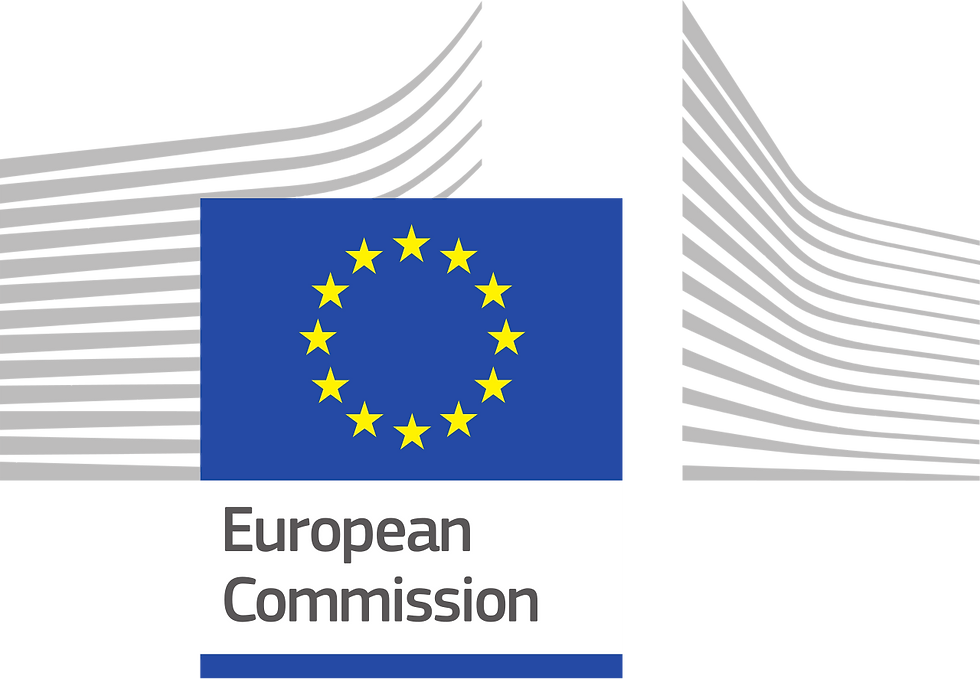General info - Youthpass part 0.1
- Alexandru Manole
- Dec 20, 2016
- 3 min read

“Non-formal learning is a loosely defined term covering various structured learning situations, such as swimming sessions for toddlers, community-based sports programs and conference style seminars, which do not either have the level of curriculum, syllabus, accreditation and certification associated with 'formal learning, but have more structure than that associated with 'informal learning, which typically take place naturally and spontaneously as part of other activities.”


I decided to start with this definition because for some of you, all long EVS projects might seem tricky at first, it is because you don’t know how after the project will finish, you will be able to prove that you did not spend the last year in front of a TV, but you actually had a hard work and you gained new knowledge through the non-formal learning process that EVS is providing to you. With that as a main reason EC decided to implement a new tool, as a certificate called: YouthPass that will be as a summary of the time that you spend on you EVS with all the competences that you developed plus with all the details of the project, such activities, location, activity dates…
Because Youthpass is nowadays a well known tool that European Commission is promoting through their projects. I find it important to talk about it, and to share some of my knowledge that you might find useful. – Youthpass is a European recognition tool for non-formal and informal learning in youth work. Youthpass is for projects funded by Erasmus+ Youth in Action and Youth in Action programmes. With Youthpass the participants of these projects can describe what they have done and show what they have learnt.
Regarding the time of the project that you are taking part in, the Youthpass certificates are different, from all 3 key actions of the Erasmus+. So, the certificates that you will receive after taking part in a Youth Exchange, it will be different from the one from the EVS, or from the one from the Mobility of youth workers, or from the Structured Dialog. Even if they are different still the structure is more or less the same. The YP certificates are split in two parts, one part that will be fulfilled by the project coordinator during the assignment. Which contains such details like the place where the project was done, the activity dates, name of the project, activities, name of the participant… And the second part, that the participant itself will have to fulfill, it is about the competences that the participant managed to develop during the participation in it. After both sides will be done, the coordinator will approve what the participant wrote if it will fit the reality then the certificate will be approved and it will be ready to generate. At the end it will be signed by your supervisor or mentor, the project coordinator and the participant. And you are ready to attach it to your CV.
It’s important for you to know that if you request, the certificate can be generated and handed to you not only in English. Also your part to fulfill the competences is not mandatory.
Talking about that part of writing your own part of the certificate, you have to know that is optional and you don’t have to write in every boxes, you can even skip that part, it’s only up to you. Through my experience I got one question a lot: “How should I do my description regarding the competences, should I use the 1st or the 3rd person?” And the answer it’s a very simple one… there is no really any rules about how you should fulfill your own certificate that will represent you in the future, it up to you which person you will use in the writing the 1st or the 3rd one.

From the Youthpass webpage you can find an ample description about this 8 competences. About writing your part you don’t need to do it in a rush… take as much time as you need reflect about it, check the plan that you made during your project and only after start writing it. There is no need to hurry, there is not any deadlines about it, and you can do it on the same day after you finish your project or after 6 months. Also, once your certificate was generated it will be stored, so in case you will lose it you can ask the coordinator of your project to send it again. But, of course try not to lose it
In the second part, I will talk about the learning plan, and the competences…








Comments